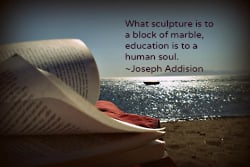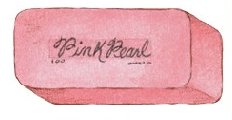 Recently I volunteered at our local hospital. The occasion was a celebration for the 2000 hospital employees. The celebration theme was a carnival and there were games, caricatures, a dunking booth, a rock climbing wall, and plenty of food in the serving line. It was a typically hot, July day with temperatures in the 100’s.
Recently I volunteered at our local hospital. The occasion was a celebration for the 2000 hospital employees. The celebration theme was a carnival and there were games, caricatures, a dunking booth, a rock climbing wall, and plenty of food in the serving line. It was a typically hot, July day with temperatures in the 100’s.
All the favorite grilling foods were there…hamburgers, hot dogs, Texas smoked sausage, snow cones, watermelon, cookies, all the fixin’s.
Well, almost all of the fixin’s.
It is interesting how people react to the work done by others. Some are grateful, peppering their speech with smiles, “Please” and “Thank you.”
Not so for others. Others complain about the heat, (to people working in that heat!). Some complain about the lines. Some complain about having a 30-minute lunch.
And some complain about pickles.
Or the lack of pickles, in this case. Despite all the free food and drinks, and condiments, and extras, one woman noticed a lack of pickles. She was not consoled by pickle relish. She wanted pickles. No free meal or festive atmosphere would deter her determined complaining.
As you prepare your classroom for the approaching school year. As you send out your welcome letters and label books, desks, and supplies, please remember that there will be pickle people.
Pickle people are bitter. They usually give birth to pickle kids. And pickle kids are rarely absent. I guess the pickle doesn’t fall far from the tree! As you encounter pickle people, remember your goal, do not allow the bitterness to infect you. Do not let other people’s caustic comments and attitudes literally put you in a pickle.
You are not bitter. You are better. And your kids and students will be better for being in your class.
 The purpose of a good education is to show you that there are three sides to a two-sided story. ~
The purpose of a good education is to show you that there are three sides to a two-sided story. ~








